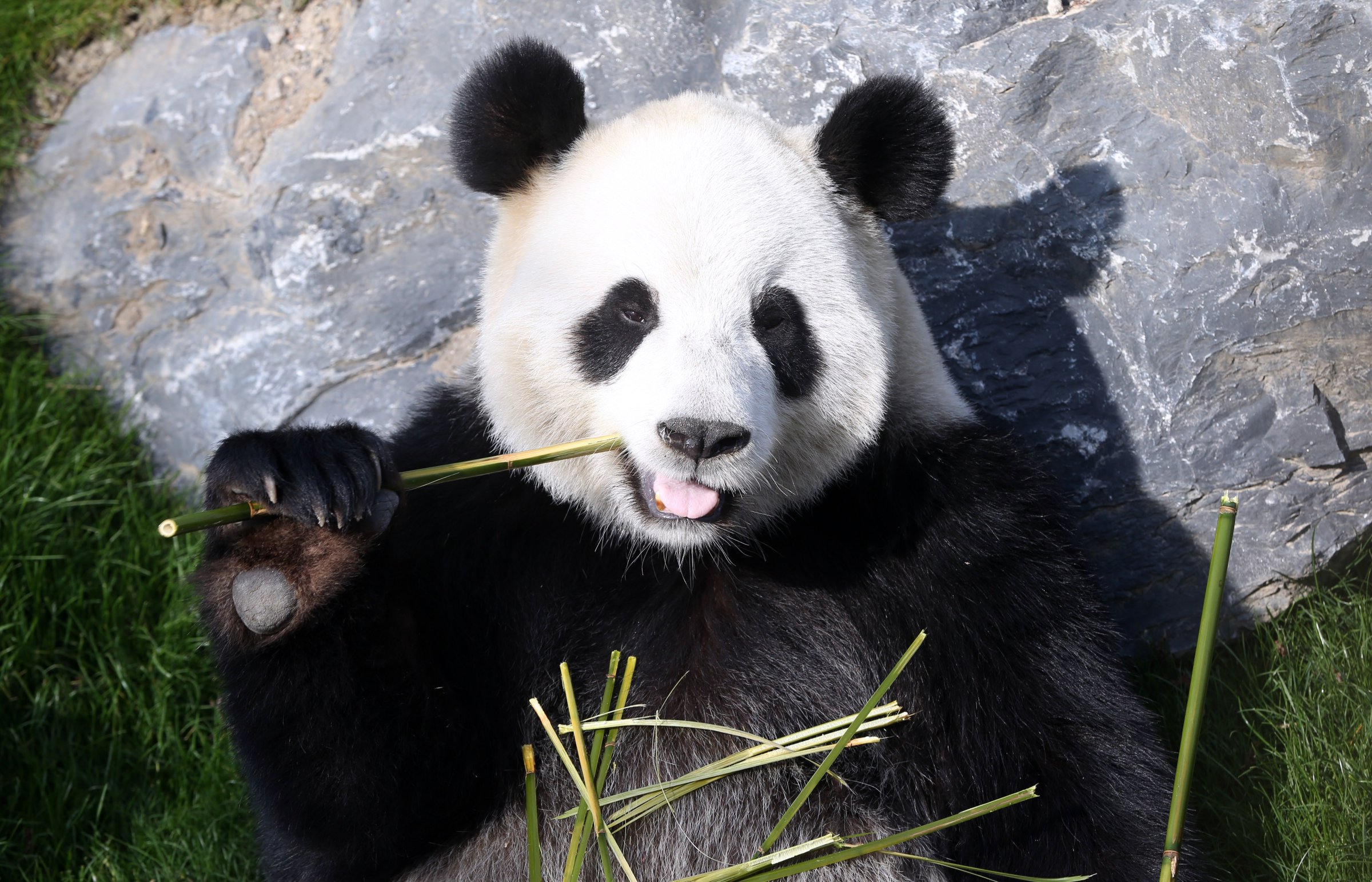
Giant pandas may be reliant on a highly specialized diet of bamboo, but new research suggests they are not actually very good at digesting their favorite meal.
Scientists in China discovered that, unlike most herbivores, a panda’s gut bacteria has not evolved to match its diet and remains more akin its omnivorous bear cousins.
The team took 121 fecal samples from 45 giant pandas — 24 adults, 16 juveniles and five cubs — and compared these with data from a previous study, which included seven wild pandas. Both studies indicated that the bears do not have plant-degrading bacteria like Ruminococcaceae and Bacteroides.
“This result is unexpected and quite interesting, because it implies the giant panda’s gut microbiota may not have well adapted to its unique diet, and places pandas at an evolutionary dilemma,” said Xiaoyan Pang, a co-author of the study in a press release.
The scientists also discovered that gut bacteria in late Autumn is quite different from spring and summer — which they hypothesize may be a result of the lack of bamboo shoots in the fall.
Pandas spend up to 14 hours per day consuming bamboo but only digest about 17% of their meal.
China’s most famous animal evolved from a species that ate both meat and plants and began to consume almost exclusively bamboo around 2 million years ago.
More Must-Reads From TIME
- The 100 Most Influential People of 2024
- The Revolution of Yulia Navalnaya
- 6 Compliments That Land Every Time
- Stop Looking for Your Forever Home
- If You're Dating Right Now , You're Brave: Column
- The AI That Could Heal a Divided Internet
- Fallout Is a Brilliant Model for the Future of Video Game Adaptations
- Want Weekly Recs on What to Watch, Read, and More? Sign Up for Worth Your Time
Contact us at letters@time.com